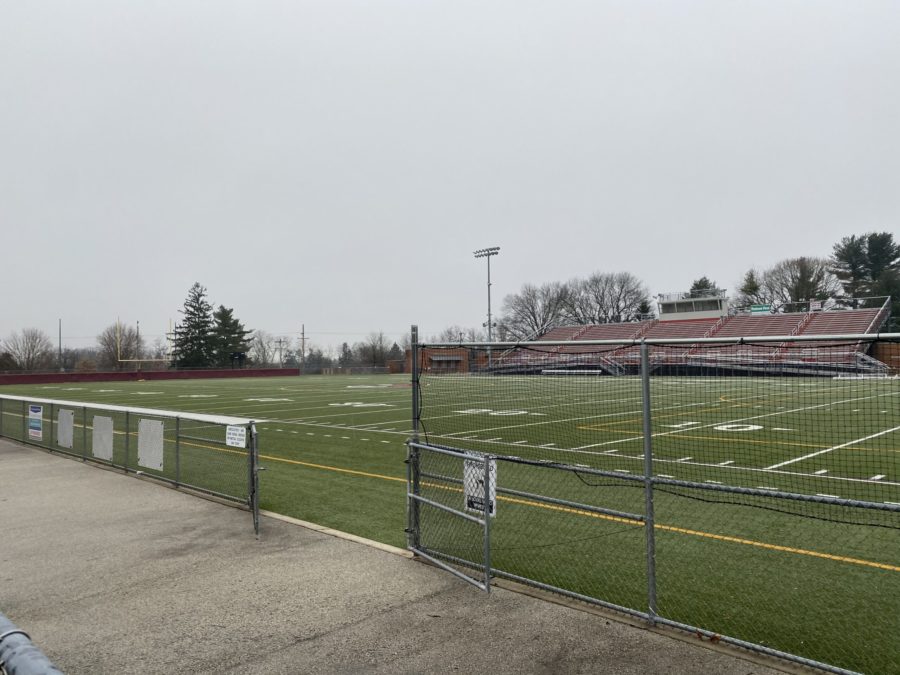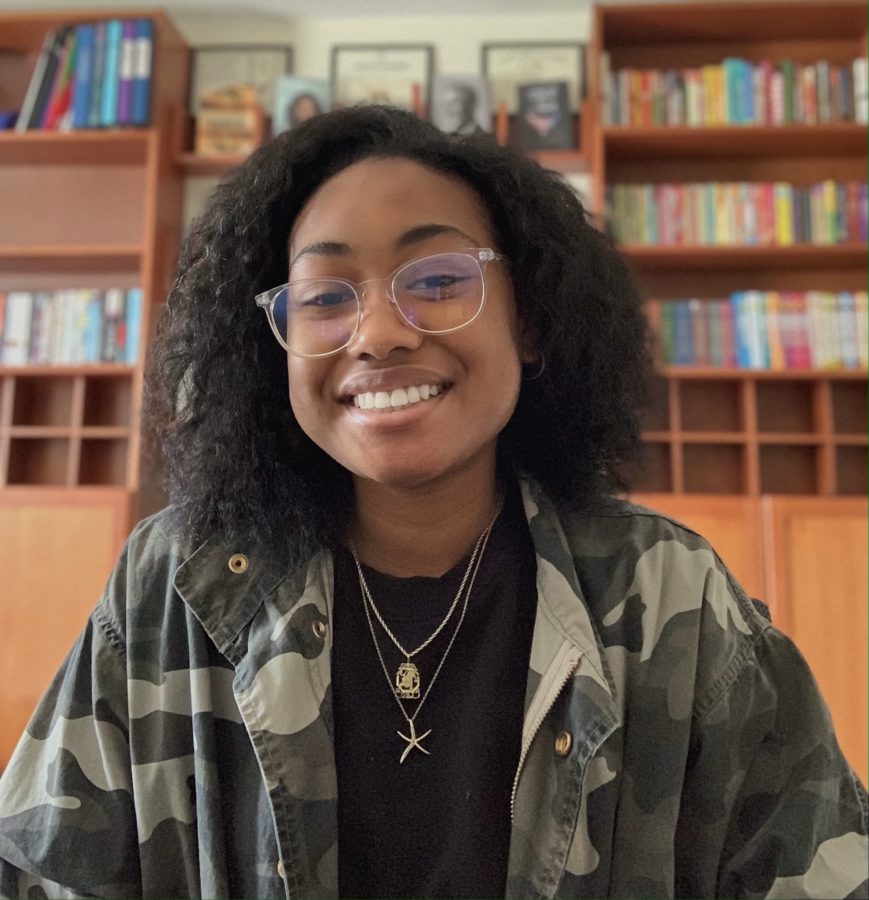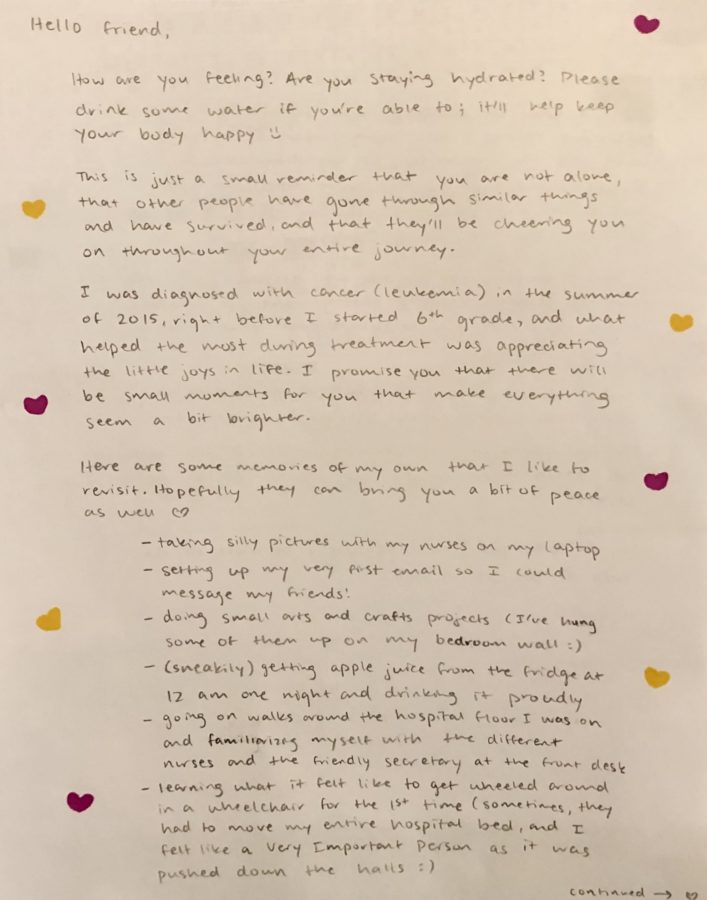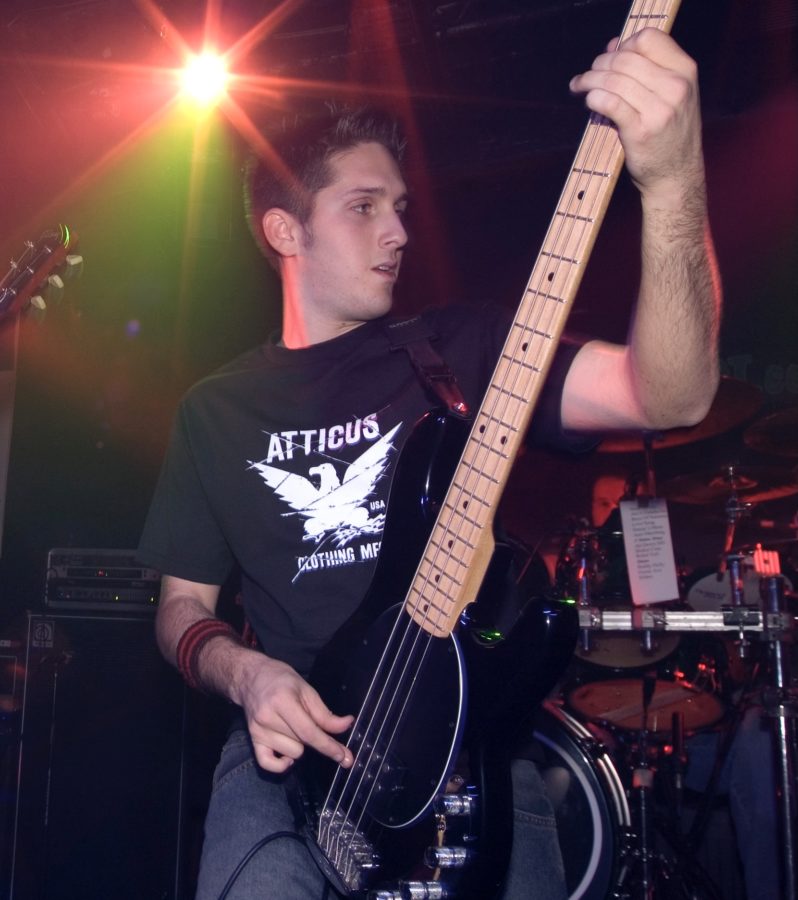By Alexis Costas, Sports Editor
Thousands of student athletes across Pennsylvania were barred from participating in organized sports following Gov. Tom Wolf’s call for a three-week ban of all youth and high school athletic activities on Dec. 10.
The ban, which lasted from Dec. 12 to Jan. 4, was put into place in an effort to keep residents safe in the face of Pennsylvania’s rising COVID-19 cases, especially in consideration of the holiday season. In-person dining, gyms and fitness facilities, theaters and indoor gatherings of 10 or more people were also prohibited for the three-week period. This decision was announced the same day as the state’s highest daily count of confirmed cases yet, with a record-breaking 12,788 positive test results.
According to an official press release, the governor enacted the bans with three main goals in mind: to stop the spread of COVID-19 in the commonwealth, prevent healthcare staff from being overworked, and to help Pennsylvanians navigate the holiday season safely.
“This (decision) is a bridge to a better future in Pennsylvania,” Wolf said in a statement on his official website.
For most students, the ban was predictable but upsetting nonetheless. Sophomore Jake Allred, who played varsity football in the fall and plans to wrestle for ’Stoga this coming season, believes the ban on school sports wasn’t needed considering the safety precautions put into place by the athletics department and the Central League.
“I’m not going to say I was surprised (by the ban), but I was definitely disappointed. I was really looking forward to getting started with winter sports as early as possible and with football, I don’t think we had any cases on our team. We took proper precautions, and I think when you take the proper precautions, you can play sports smoothly. It’s not always easy, but it’s possible,” Allred said.
These safety precautions referenced include daily health screenings as well as strictly limited spectators at games and practices. Face shields were attached to players’ helmets specifically for football, in consideration of the sport’s close-contact nature.
Freshman volleyball player Bella Gillis also credits the league’s safety precautions and their effectiveness in keeping student athletes protected.
“I felt safe while playing, it honestly couldn’t have been any safer. We got asked questions, took our temperatures every day, wore masks…it was definitely the best we could do, and I definitely felt safe,” Gillis said.
In accordance with league safety precautions regarding indoor sports, Gillis and her teammates were required to wear masks at all times while playing and stay socially distanced whenever possible.
Gillis was also upset by the ban’s effect on youth sport programs separate from school, which caused the temporary closure of her club volleyball organization.
“I love volleyball, and I really wanted to keep playing, but it wasn’t considered safe. I had to take a month off, and it was definitely a boring month because I didn’t want to get out of the house anymore, and I felt like I couldn’t see my friends anymore. It was really dull,” Gillis said.
While ’Stoga teams were able to complete their scheduled fall seasons before the sports shutdown began, the ban has forced a delay of the 2020-2021 winter sports season, which was planned to commence on Dec. 14. Ice hockey, basketball, indoor track, swim/dive, wrestling and varsity cheerleading schedules have all gone under reconsideration as a result.
The fact that Wolf’s decision did not impact professional or collegiate sports has been a major point of controversy among critics of the policy, with many arguing that the experience and enjoyment student athletes get out of playing is just as important as that of older players and the profits professional sports produce.
Allred believes that for some students, sports are imperative to a positive and enriching high school experience, particularly during the turbulence COVID-19 has brought.
“I can’t speak for everyone but personally, I believe (sports) are super important. I know some kids basically depend on school sports to get through the year, it’s what they prioritize and it’s what they look forward to after school. This is a gateway to college for lots of people and when their seasons are ended early or cut short, scouting gets difficult and stressful. If other organizations have a way to play sports, I think our schools can too,” Allred said.
At this moment in time, it is unclear if the winter sports delay will lead to another shortened athletics period for ’Stoga and other schools belonging to the Central League. However, the league and CHS Athletics Department have plans to finalize and release their season timelines on Jan. 5 in the hopes of returning athletes to the court as soon as possible.


























































































